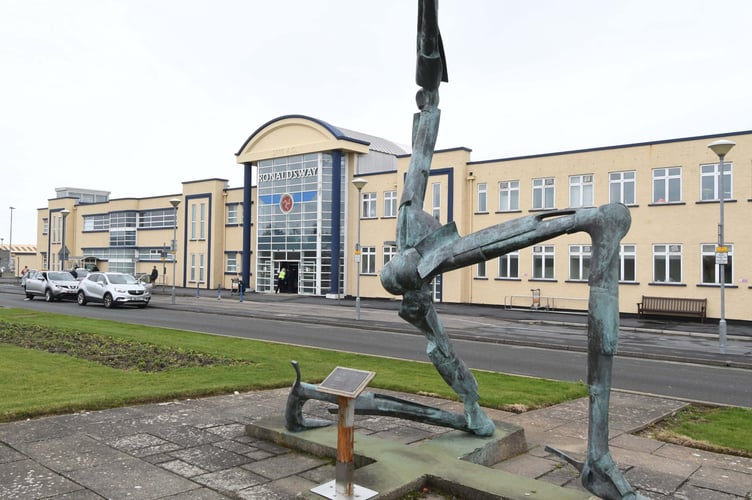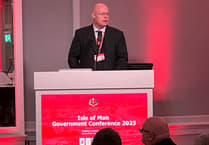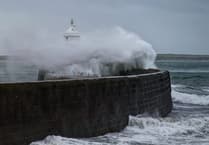A locally owned airline would require both financial and regulatory assistance to operate sustainably, a report commissioned by the government has said.
Consultants Steer were commissioned to provide the government with support to develop the island’s long-term strategy for air services two years ago.
In a report released after Chris Thomas (Douglas Central) put a motion down for Tynwald to consider calling for its publication, Steer looked at current routes, passenger figures up to 2019 and what the future could look like.
Steer found that the establishment of a Manx-owned airline would have high startup costs and would be the 'most expensive option'.
It said: 'The establishment of a Manx airline based on the IoM and funded by the Government, may appear to address the key issue of serving key critical destinations with an optimum schedule in terms of frequency and timings, but will be by far the most expensive option for consideration.
'Additionally, it is likely that the new airline would face difficulty in gaining access to London airports at optimum times, given the fact that runway and terminal capacity constraints (slots) at the key London airports (and other key European hub airports) may not enable the delivery of an optimum “business” day return schedule.
'Any new aircraft fleet would likely be assigned to a "non-optimised" network schedule putting further cost pressures on the airline’s financial viability.'
It added that the cost base isn't competitive against competition under the Open Skies policy and said that regulation would be needed to exclude/control competition.
Instead, the report said that getting existing airlines to operate a base from the island, such as how Loganair operates, would bring many of the benefits such as the use of local crews and maintenance facilities.
This also removes the costs related to obtaining an Airline Air Operators Certificate, access to economies of scale provided by larger airlines, has the ability to utilise any relationships the airline may possess in terms of establishing codeshares and allows the leasing of slots at constrained airports.


.jpeg?width=209&height=140&crop=209:145,smart&quality=75)


Comments
This article has no comments yet. Be the first to leave a comment.